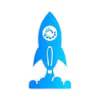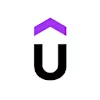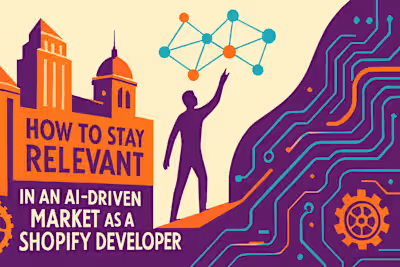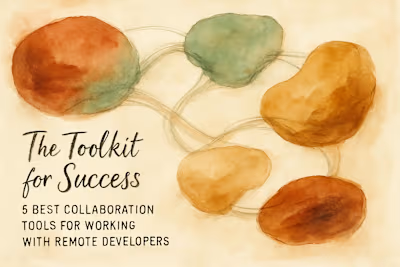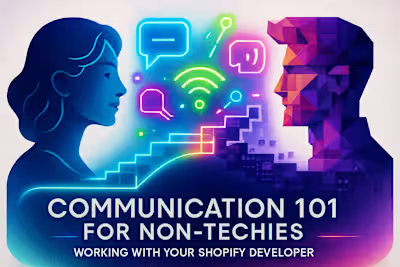Expand or Focus? Adding New Skills vs. Doubling Down on Your Niche
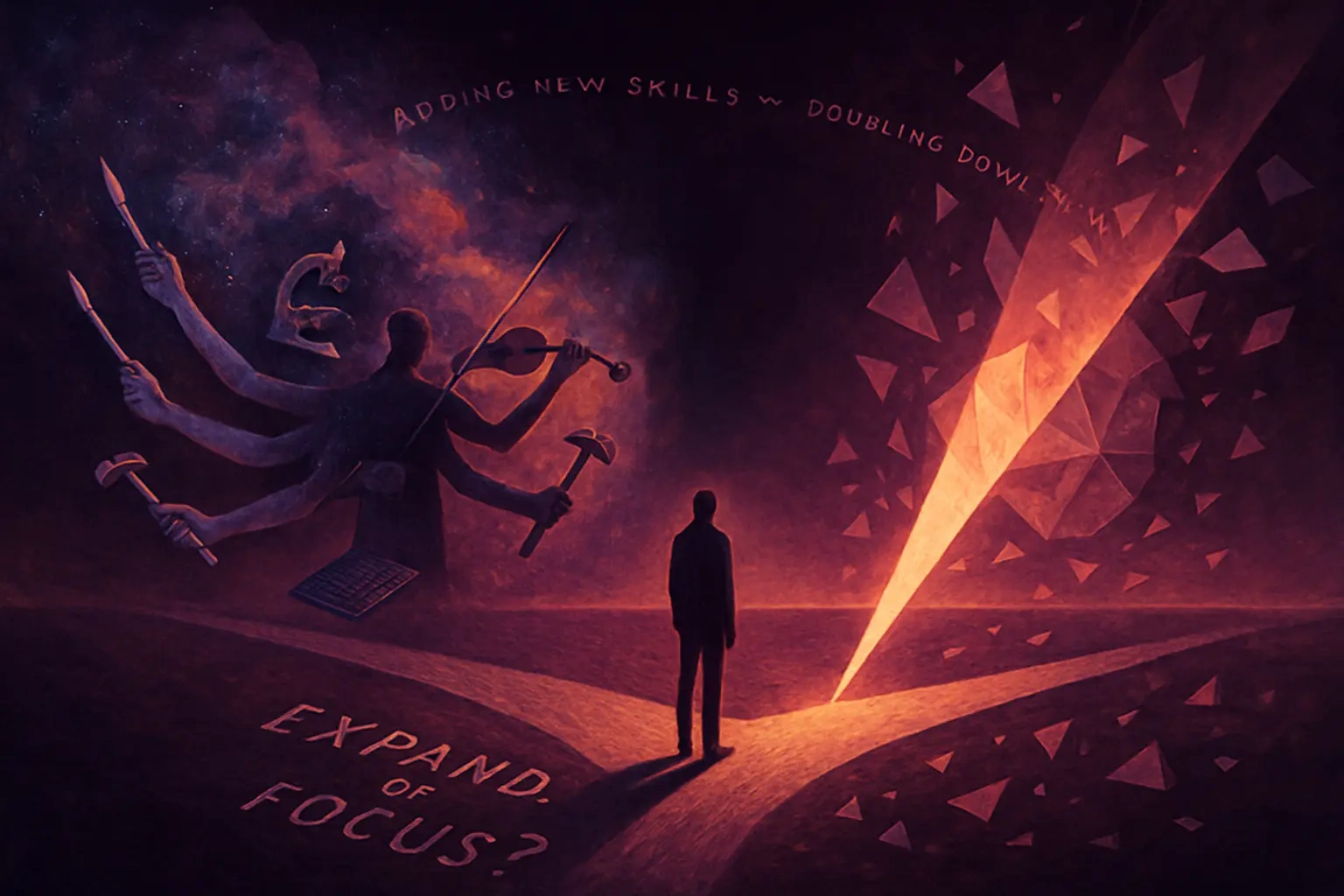
Expand or Focus? Adding New Skills vs. Doubling Down on Your Niche
The Case for Doubling Down: The Power of Deep Specialization
Becoming a 'Category of One'
Benefits of Deep Expertise
Risks of Overspecialization
The Case for Expanding: The Versatility of Upskilling
What is Upskilling vs. Reskilling?
Benefits of a Broader Skill Set
Risks of Becoming a 'Jack of All Trades, Master of None'
Identifying High-Impact Skills for Shopify Developers in 2025
Technical Skills in Demand
Strategic & Business Skills
How to Choose Which Skills to Learn
Creating Your Personal Development Roadmap
Balancing Client Work and Learning
Updating Your Marketing to Reflect Your Growth
The Hybrid Approach: The T-Shaped Developer
References
Expand or Focus? Adding New Skills vs. Doubling Down on Your Niche
The Case for Doubling Down: The Power of Deep Specialization
Becoming a 'Category of One'
Benefits of Deep Expertise
Risks of Overspecialization
The Case for Expanding: The Versatility of Upskilling
What is Upskilling vs. Reskilling?
Benefits of a Broader Skill Set
Risks of Becoming a 'Jack of All Trades, Master of None'
Identifying High-Impact Skills for Shopify Developers in 2025
Technical Skills in Demand
Strategic & Business Skills
How to Choose Which Skills to Learn
Creating Your Personal Development Roadmap
Balancing Client Work and Learning
Updating Your Marketing to Reflect Your Growth
The Hybrid Approach: The T-Shaped Developer
References
Posted Jul 4, 2025
As a Shopify developer, should you learn new skills or deepen your existing expertise? We explore the pros and cons of upskilling vs. specialization to help you chart your career path.
0
4

